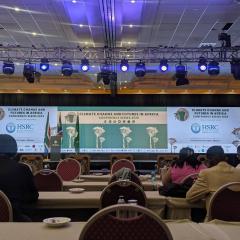
How Flying Labs Fly
September 23rd, 2019
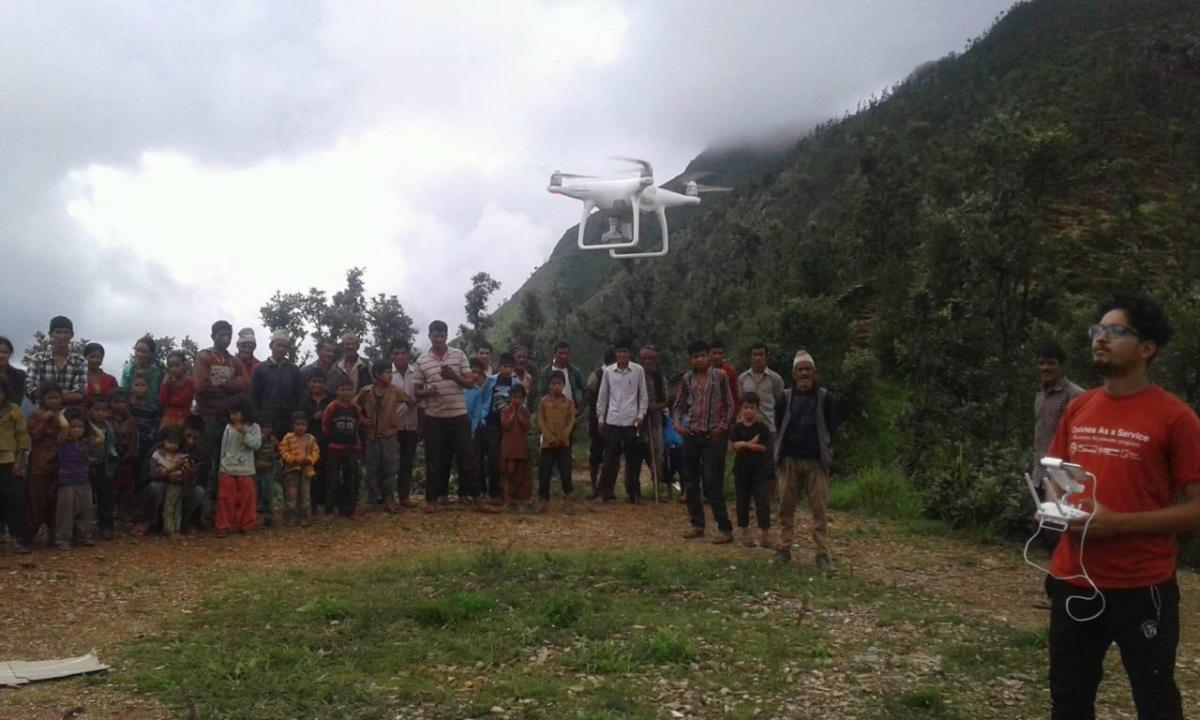
The Flying Labs model has continued to evolve since we penned the first draft back in 2015. Today, Flying Labs are operational in more than twenty countries across Africa, Asia, Latin America, and Oceania—and we expect this number to double by 2020. Thanks to regular feedback from existing Flying Labs, we are continuously learning and improving our methods for incubating, sustaining, and scaling the Flying Labs network.
The present model combines Regional Flying Labs (Regional FLs) and Affiliate Flying Labs (Affiliate FLs). As the name suggests, Regional FLs are engaged in activities across their regions. Tanzania Flying Labs, for example, serves as the Regional FL for East Africa, having partnered on projects in Malawi, Lesotho, and Seychelles. Tanzania Flying Labs has trained Kenya and Uganda Flying Labs—both of which are Affiliate FLs. In West Africa, Senegal Flying Labs is growing from an Affiliate FL into a Regional FL, and we expect a Regional FL for Southern Africa to be operational by 2020. In Latin America, Panama Flying Labs serves as Regional FL, while in the South Pacific, Fiji Flying Labs is the Regional FL. Which labs in Asia take on the role of Regional Flying Labs remains to be seen.
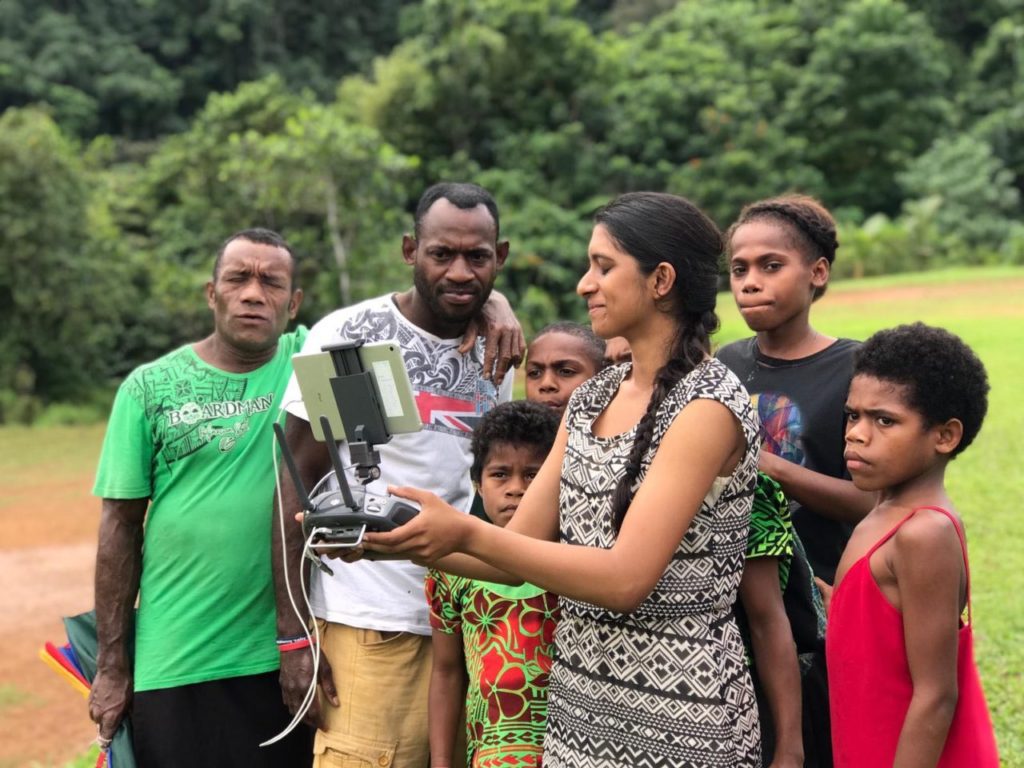
WeRobotics provides direct hands-on training at Regional Flying Labs. These professional workshops include participants from other Flying Labs in the region, along with other relevant stakeholders (government, industry, academia, etc.). These trainings build Regional FLs' expertise, who, in turn, go on to host and run independent workshops. WeRobotics also provides direct remote support to Regional Flying Labs for the first three years.
Regional FLs offer a wide range of services that include training, project implementation, policy development, and more. As such, we designed the Flying Labs model to enable Regional FLs to become self-sustaining by the end of their third year. Tanzania Flying Labs, for example, is well on its way to becoming self-sufficient and independent thanks to the growing demand for their services. They have even become a Tanzanian legal entity with a Tanzanian board of directors. Panama, Senegal, and Fiji Flying Labs are following in these footsteps.
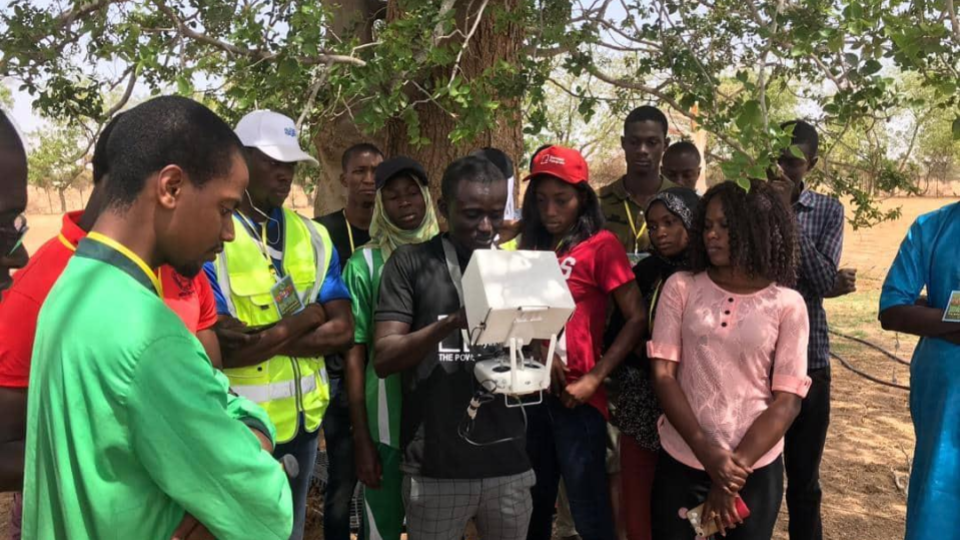
Regional Flying Labs have dedicated, full-time staff to carry out their mandate. In contrast, Affiliate Labs follow a franchise model, meaning Affiliate Labs are already self-sustaining when they join the Flying Labs network. WeRobotics provides Affiliate FLs with direct in-person or remote support as needed on a project-by-project basis. In Nepal, for example, WeRobotics offered hands-on training to Nepal Flying Labs and local partners on how to use cargo drone for a public health project, and also transferred the technology to Nepal Flying Labs.
While WeRobotics is often engaged in direct training and projects with Affiliate FLs, Regional Flying Labs have the primary responsibility to support the Affiliates in their regions. This approach enables the Flying Labs network to quickly scale in response to the growing local demand for Flying Labs.
All Flying Labs connect via our Slack channels. Flying Labs also have monthly regional calls to facilitate information sharing and collaboration opportunities further. To complement these calls, Flying Labs give video presentations on their work and learnings regularly. These presentations are also open to the broader community.
Globally, around 64 percent of Flying Labs applications are approved. The application process includes a written form, reference checks, and at least two rounds of interviews with WeRobotics and the relevant Regional Flying Labs. Groups that don't qualify the first time, receive feedback and guidance on how to build their qualifications.
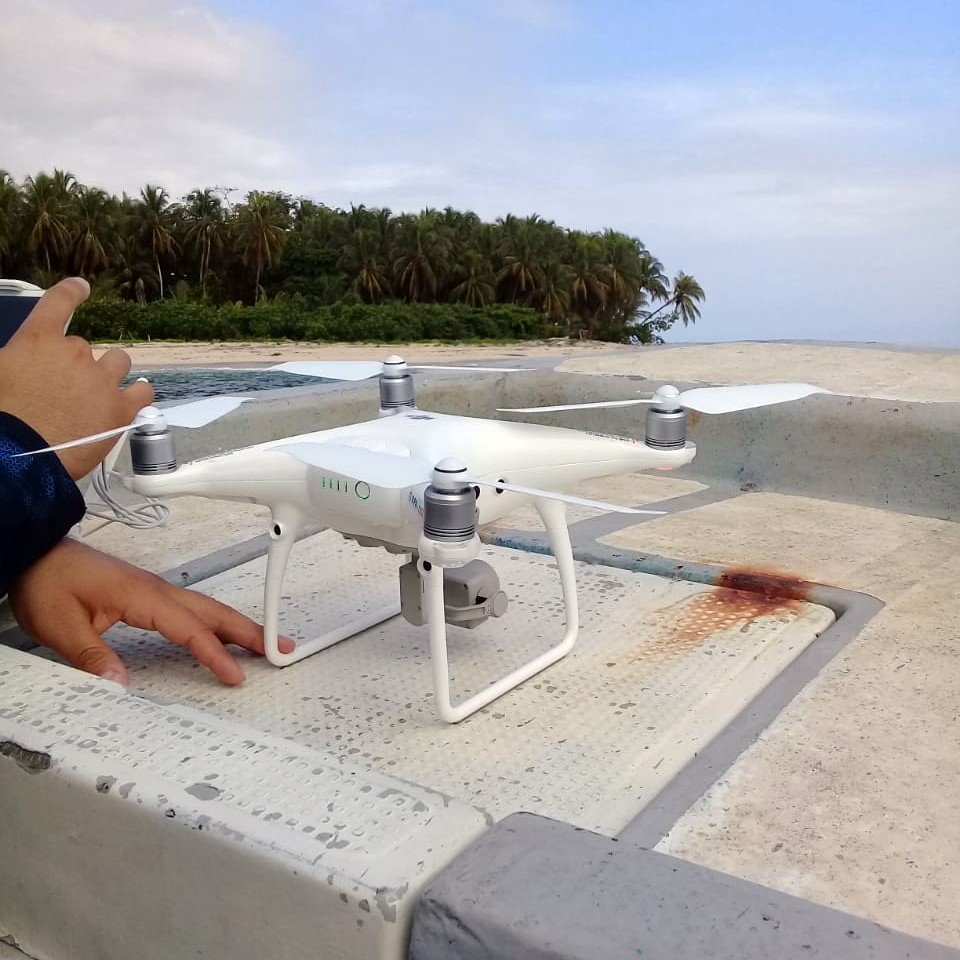
Flying Labs naturally differ in terms of experience and expertise. One of the critical roles of WeRobotics is to enable all Flying Labs to reach a competitive, expert level of knowledge. This is a process and certainly doesn't happen overnight. Capacity building and quality assurance are, therefore, central to the work of WeRobotics and the Flying Labs network. And this process—comprised of knowledge, technology, and opportunity transfer—is essential to enable equal opportunity, diversity, and inclusion.
Recent Articles

